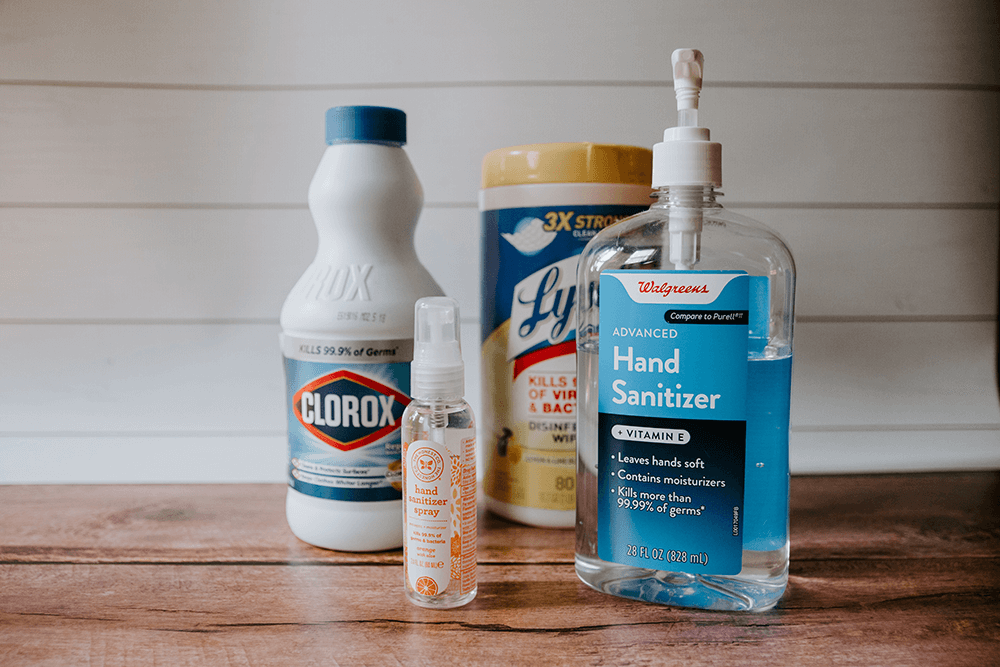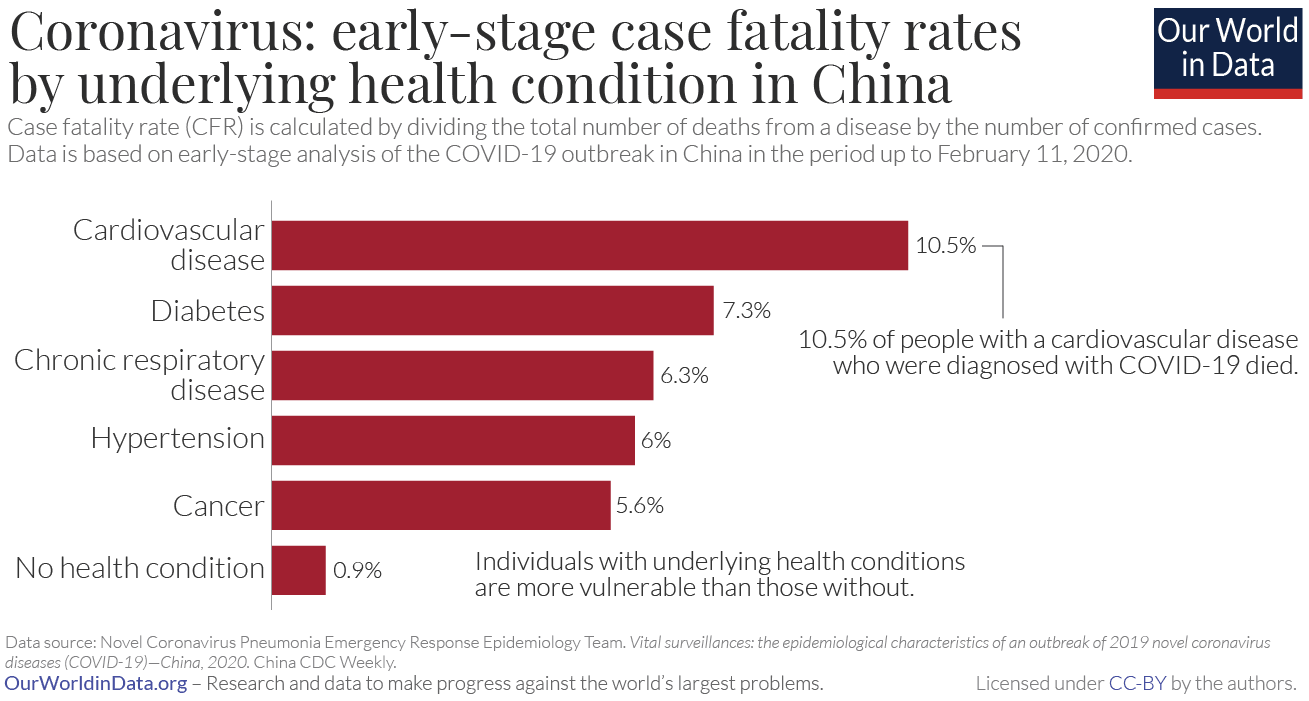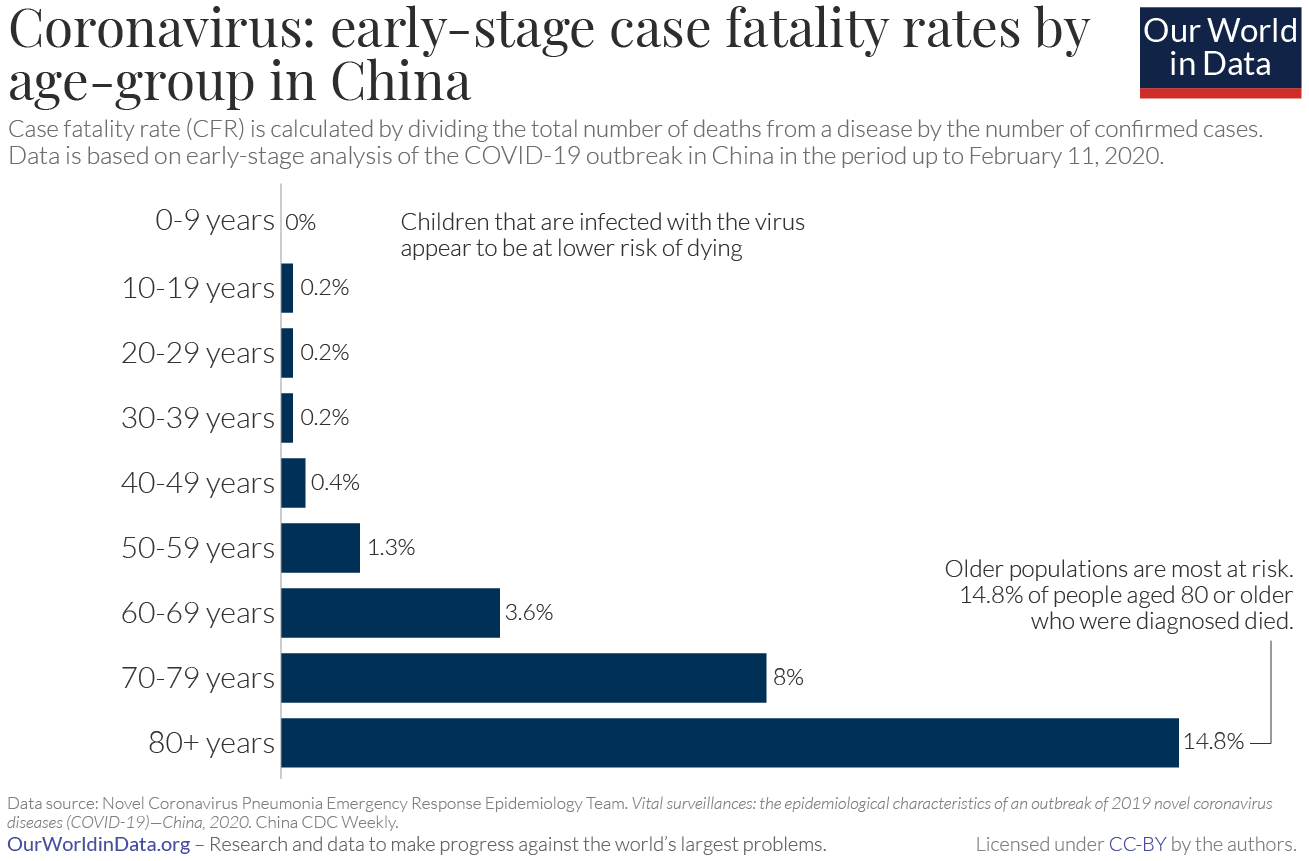
The coronavirus, officially known as COVID-19, is a virus that has gotten international attention in the last few months. Since the initial outbreak in Wuhan, China, this virus has spread rapidly across countries, inciting fear in many individuals. But among all the media and news reports, what sources can you trust? And what does this virus mean for individuals suffering from obesity?
How is COVID-19 Spreading?
As we mentioned in our last blog about coronavirus, this is a disease that is spread from human-to-human contact. This can mean it spreads when individuals are in close contact (6 feet) of one another or when respiratory droplets travel through the air and are then inhaled.
To learn more about coronavirus, check out our blog on How to Stay Healthy During the Coronavirus Outbreak.
Who is at Risk of Catching COVID-19?
Although the virus does not discriminate, older individuals and people with serious chronic medical conditions are more at risk of catching and developing serious illness from the coronavirus. Individuals with underlying health conditions, such as diabetes, heart disease, and respiratory disease, are more likely to become seriously ill if they contract the virus.
"Above, we see that the elderly are most at risk of dying from COVID-19. This might be partly explained by the fact that they are also most likely to have underlying health conditions such as cardiovascular disease, respiratory disease, and diabetes; these health conditions make it more difficult to recover from the COVID-19 infection."
The Coronavirus and Obesity Correlation
In the United States, about 35% of the adult population is considered obese. Based on many studies done across the world, we know that obesity increases a patient's risk of developing diabetes, heart disease, hypertension, and respiratory disease, among other conditions.
As stated above, individuals with underlying heart or respiratory conditions, as well as diabetes, are at an increased risk of experiencing serious complications with this virus. Due to the fact that many obese individuals have a weakened immune system, which is already working in overdrive to keep their organs functioning properly, they are at a higher risk of becoming seriously ill if they are exposed to COVID-19.
Obesity "leads to altered immune function and chronic inflammation, in addition to mechanical difficulties in breathing and increased oxygen requirements." And as we know, one of the more serious symptoms of COVID-19 is difficulty breathing.
Therefore, coronaviruses can cause more severe symptoms and complications in people with obesity-related conditions.- World Obesity.org

Obesity and Cardiovascular Disease
As seen in the graph above, patients who have cardiovascular disease conditions are at significantly greater risk of dying if they contract COVID-19. As such this puts the bariatric patient population as greater risk then the average individual since those who suffer from obesity are considerably more likely to develop cardiovascular relate health problems.
Based on the National Health and Nutrition Examination Survey, every one unit increase in BMI equals another 5% to 7% increase in heart failure.
A moderate amount of weight loss, even as little as 10%, can improve or prevent obesity-related risk factors for heart disease.
Obesity and Diabetes
It is well known that patients who are overweight or obese have an increased chance of developing type 2 diabetes—a form of diabetes where the body becomes resistant to insulin. Obesity causes increased levels of fatty acids and inflammation in the body, which leads to insulin resistance (i.e. type 2 diabetes).
Studies have found that bariatric surgery is a great treatment option for patients living with diabetes. In fact, it has been proven that 80% of diabetic patients who undergo Bariatric Surgery go into diabetic remission within a few hours after surgery.
Obesity and Respiratory Disease
Individuals who are overweight or obese are more likely to suffer from chronic respiratory disease, such as chronic obstructive pulmonary disease (COPD), asthma, sleep apnea, and obesity hypoventilation syndrome.
We know that one of the most common symptoms of COVID-19 is difficulty breathing. So patients who already have a hard time breathing are more at risk of becoming seriously ill if they are exposed to COVID-19.
When patients lose weight, there is less pressure on their lungs and less physical exertion when doing everyday activities, making it easier to breathe. Therefore, even a moderate amount of weight loss coupled with an increase in physical activity can result in a significant drop and even cure of respiratory disease.
Many research studies provide consistent evidence that patients who suffer from obesity and undergo Bariatric Surgery have significantly lower rates of heart attacks, stroke, hypertension, diabetes, respiratory diseases, and other weight-related medical conditions.
How can Obese Individuals Stay Healthy During COVID-19 Outbreak?
Although we do not want to incite fear in any patients, we want you to be aware of the severity of this virus as it continues to spread throughout the world and our communities.
As mentioned above, overweight and obese individuals (along with the elderly) are more at risk of contracting the virus and becoming seriously ill if they have pre-existing medical conditions—heart disease, respiratory trouble, diabetes, etc.
Tips to Stay Healthy
Due to the increased risk of death for patients who suffer from heart and respiratory disease, and diabetes, these individuals should follow the CDC recommendations to prevent the spread and development of COVID-19.
Patients who may have a compromised immune system need to take the extra precautionary steps to ensure they stay healthy.
For bariatric patients, we suggest continuing to take your vitamins every day—which you should be doing already, but now you have an even greater motivator to do so. Along with taking your vitamins, be sure you are eating a well-rounded, healthy diet to avoid any degree of malnutrition.
Patients who are malnourished and are not absorbing the appropriate amount of vitamins and minerals are at a greater risk of becoming ill regardless of the type of virus that is spreading.
Finally, if you haven't already done so, you may want to consider losing weight either through diet and exercise or through Bariatric Surgery. We know that obese individuals have a greater risk of developing weight-related medical conditions that can shorten your life, regardless if COVID-19 is floating around in your community or not.
It is important to remember that about 80% of the people who do contract the virus will fully recovery without needing any special medical treatment. Although COVID-19 is something to be concerned about, it is not something to panic over. If you continue to live a healthy lifestyle by taking your vitamins, eating a well-rounded diet, and drinking lots of water, you should be safe and able to recover fully.
If nothing else, maybe this virus will teach us all how to live a little healthier!
At our practice, we want to provide the most relevant, credible, and up to date information about all things healthy living. With our bariatric experience combined with the information from the Center for Disease Control and Prevention's website and the World Health Organization's content on the coronavirus, we wrote this blog to give you the most relevant and credible information surrounding COVID-19, specifically for obese individuals.










